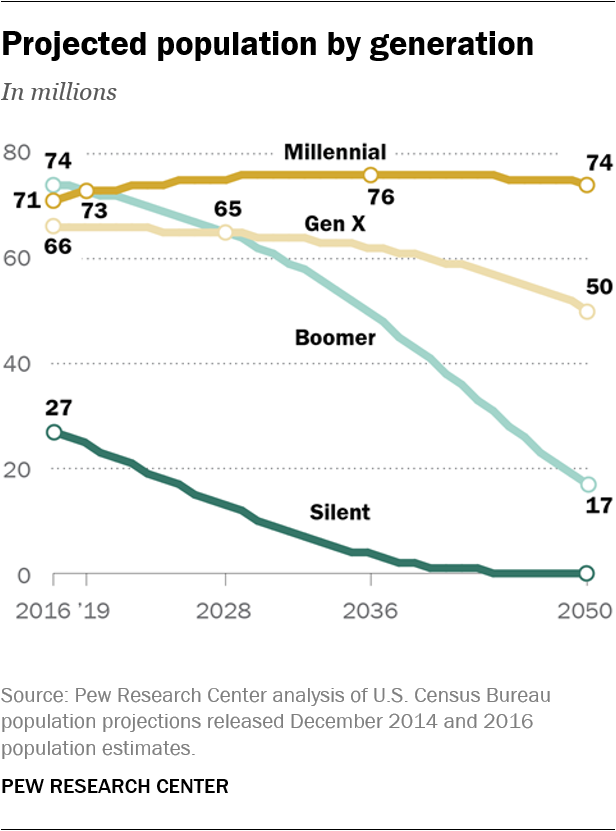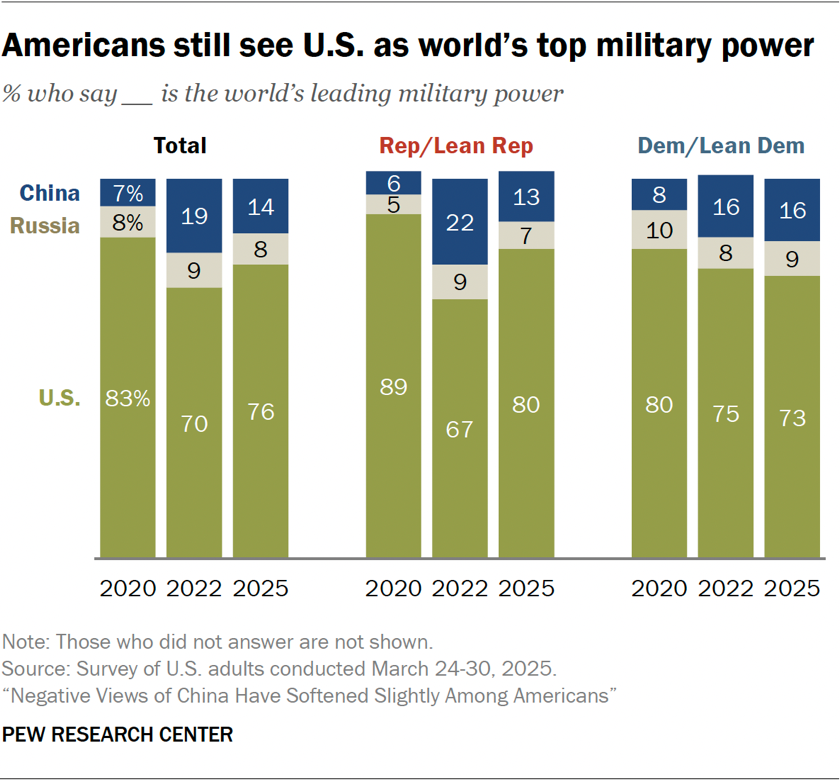2023-2025 Pew Research Reveals Stark Partisan Shifts: Young Men Shift R+44, Women R+14
Recent data from Pew Research has unveiled significant partisan shifts among various demographic groups in the United States between 2023 and 2025. The report highlights a dramatic swing towards the Republican Party among younger men, while younger women show a notable but less extreme shift. This evolving political landscape, particularly among the youth, could have profound implications for upcoming elections and the future of American politics.
Background & Context
The Pew Research findings come at a time of heightened political tension in the United States, particularly as the nation prepares for the 2024 elections. The data indicates that young men aged 18-29 have shifted to favor the Republican Party by a staggering margin of R+44, while young women in the same age group have also shown a Republican lean, albeit by a smaller margin of R+14. This demographic change is noteworthy as it suggests a growing alignment of youth with conservative ideals, a trend that has been observed sporadically in recent years.
Political analysts argue that these shifts may be symptomatic of broader cultural changes within American society. The increasing polarization of political beliefs, coupled with the rise of social media as a primary source of information, has influenced how young people engage with political issues. As previously reported, the landscape of political identity is rapidly evolving, and these findings reflect the complexities of youth engagement in the current political climate.
Key Developments
The Pew Research data categorizes shifts across various age and gender demographics, revealing nuanced trends. While young men exhibit a striking Republican shift, young women maintain a more balanced political stance, leaning slightly Democratic. For the age group of 30-49, men have shifted Republican by R+15, while women have shown a minor Democratic lean of D+3. Interestingly, the trend reverses for older demographics, with men aged 65 and older leaning Democratic by D+6 and women by D+2. These trends raise questions about the future of party affiliation as generational attitudes towards political issues continue to evolve.
David Zsutty, a political analyst, commented on the implications of these shifts: "That this is despite Trump"s approval rating tanking indicates that whatever comes next will be Ultra Nationalist." This observation suggests that even amid declining approval for traditional Republican figures, a segment of the electorate is gravitating towards a more extreme version of conservatism, potentially reshaping the Republican Party"s platform in the coming years.
\n\n
Image for 2023-2025 Pew Research Reveals Stark Partisan Shifts: Young Men Shift R+44, Women R+14
Broader Impact
The implications of these partisan shifts extend beyond mere numbers; they reflect a transformation in the political identity of younger Americans. Experts suggest that the Republican Party"s appeal to young men may be linked to issues such as economic opportunity, national security, and cultural representation. Conversely, the Democratic Party"s challenge will be to engage young women who, while less inclined towards Republican ideals, remain crucial to the party"s electoral strategy.
Historical comparisons reveal that shifts in party affiliation among youth are not unprecedented. However, the scale of this transition is notable, especially in light of the increasing visibility of far-right ideologies and movements. As discussed in recent developments, the rise of white identity politics and nationalism within segments of the Republican Party may resonate with these younger voters, further complicating the political landscape.
What"s Next
Looking ahead, the 2024 election cycle will likely be influenced significantly by these demographic shifts. Political strategists from both major parties will need to adapt their messaging and outreach efforts to address the changing preferences of younger voters. The Republican Party may seek to solidify its gains among young men while finding ways to appeal to young women, who may be swayed by issues such as reproductive rights and social justice.
As the political environment continues to evolve, monitoring these demographic trends will be essential for understanding the future dynamics of American politics. The implications for policy, party platforms, and electoral strategies will be profound, as both parties navigate a landscape increasingly defined by generational identity and ideological alignment. Future research and analysis will be critical in unpacking the complexities of these shifts and their potential impact on the electoral process.

Image for 2023-2025 Pew Research Reveals Stark Partisan Shifts: Young Men Shift R+44, Women R+14



![[Video] Gunfire between Iraqi security forces and Sadr militias in Baghdad](/_next/image?url=%2Fapi%2Fimage%2Fthumbnails%2Fthumbnail-1768343508874-4redb-thumbnail.jpg&w=3840&q=75)
